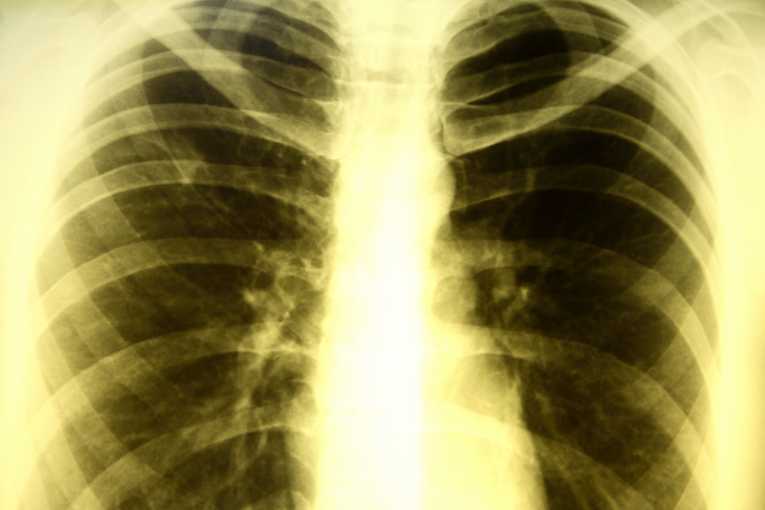Despite years of anti-smoking efforts by public health officials, smoking remains a thriving habit throughout much of the world. Unfortunately, smoking is linked to an increased risk of contracting - and dying from - tuberculosis. About one-fifth of the global population presently smokes tobacco, and the number of smokers is expected to rise in coming decades, especially in the developing world.
And that's bed news for public health efforts to stamp out tuberculosis. According to the results of a new study published in the British Journal of Medicine, until now it's been unclear how smoking prevalence trends might influence the incidence of tuberculosis.
Researchers from a variety of disciplines at the University of California, San Francisco, developed mathematical models to predict smoking's expected impact on future tuberculosis. Their model examined smoking-related tuberculosis cases for the next four decades.
The statistics are grim: Between 2010 and 2050, more than 18 million new cases of tuberculosis and in excess of 40 million deaths due to the respiratory infection.
Similar mathematical models have been used to make predictions about HIV transmission and infection, tuberculosis detection systems and drug resistance.
But this is the first time scientists have modeled trends in tuberculosis infection and mortality due to smoking.
The link between smoking and the risk of developing tuberculosis is so strong that public health officials have identified smoking cessation as a key goal of any viable program to eradicate tuberculosis.
While rates of smoking have declined in the developed world in the past few decades, they have continued to climb in less developed countries. Obviously, reducing smoking addiction will become increasingly important as nations struggle to control potentially deadly tuberculosis epidemics. "Aggressive tobacco control could avert millions of deaths from tuberculosis," said researchers.










